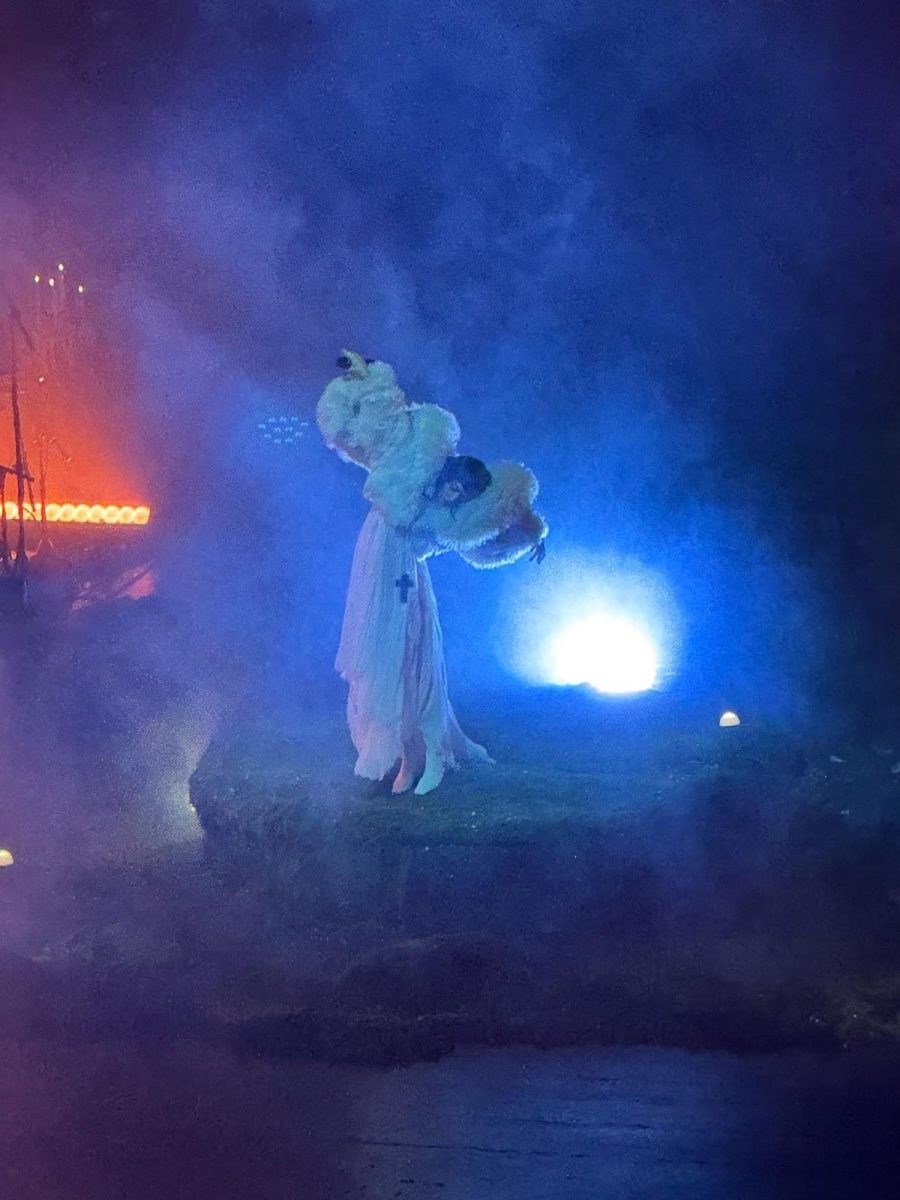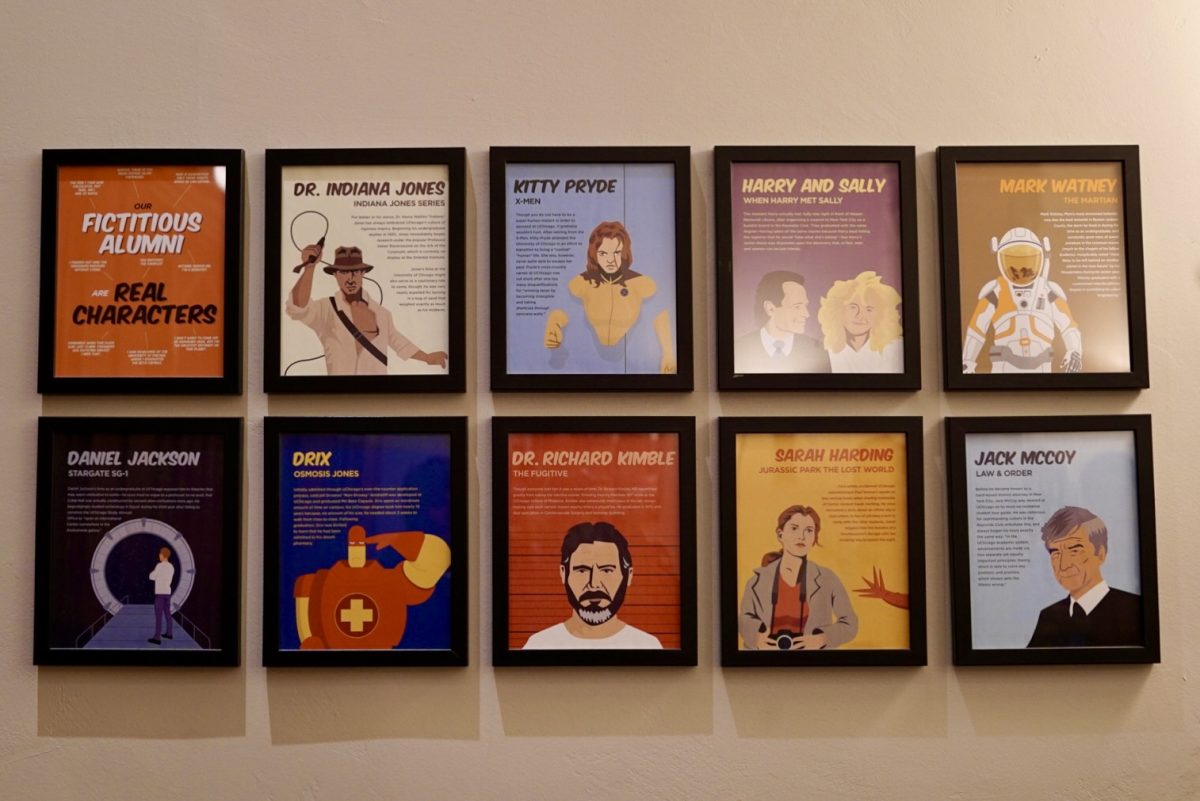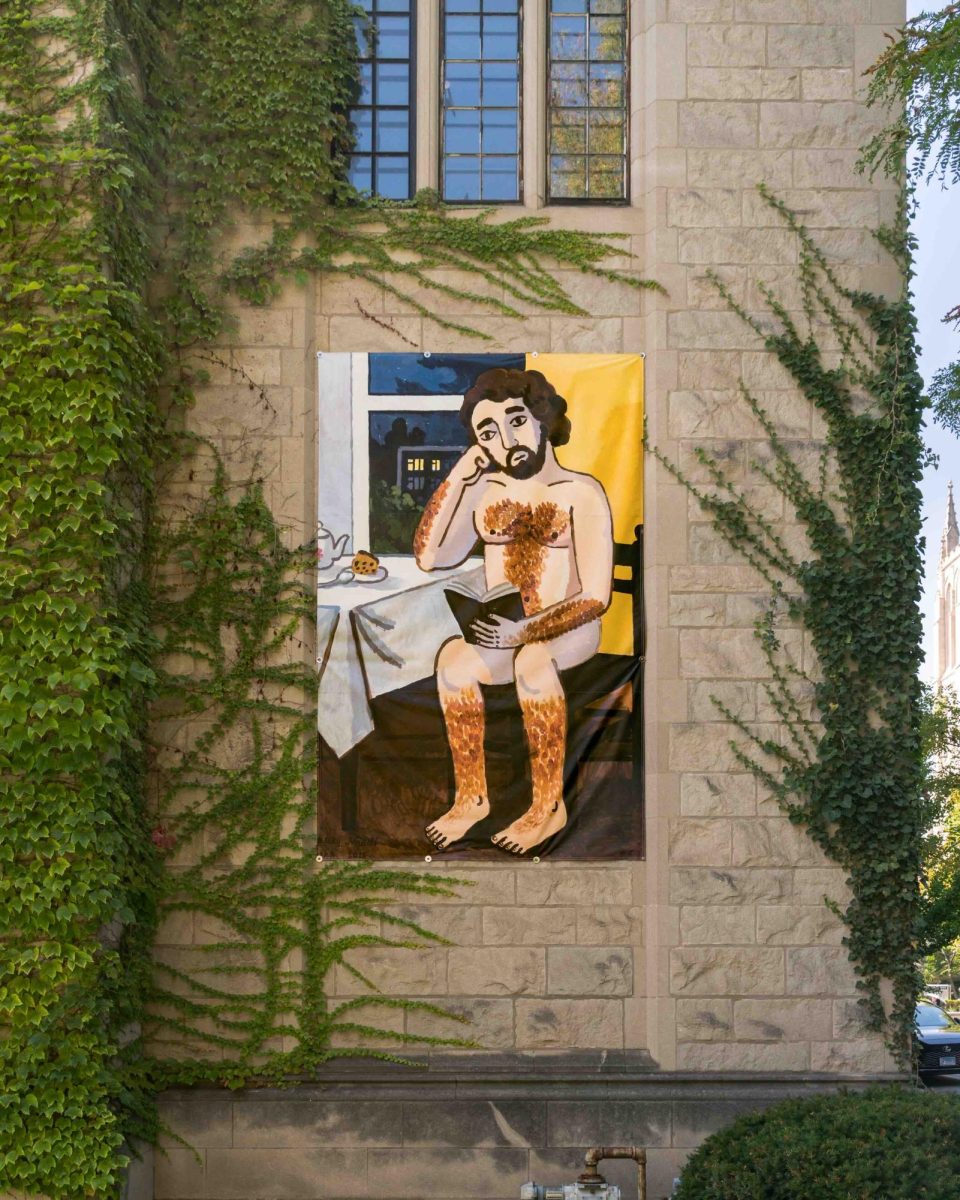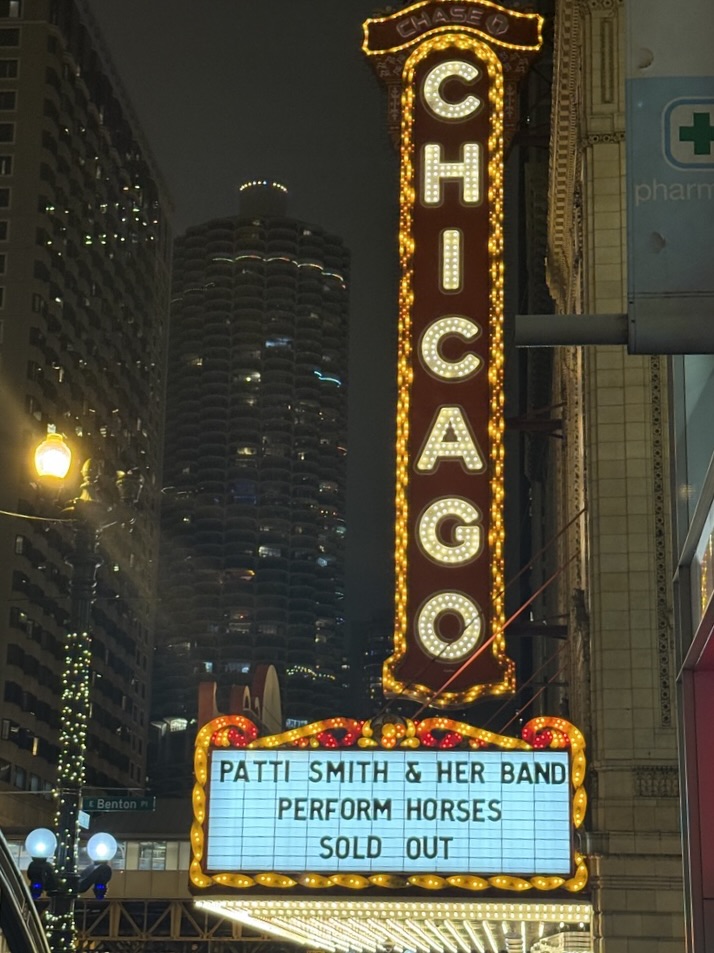In “Come On! Feel the Illinoise!” Sufjan Stevens asks, “Are you writing from the heart?” Twenty years later, that question still rings true, and the answer, for him, is “yes.” July 4 marked the 20th anniversary of Stevens’s critically acclaimed album, Illinois. It remains a rare kind of album: one that attempts to tell the story of a state, a country, and a self all at once. In its blend of orchestral ambition, historical research, and emotional intimacy, Illinois hasn’t just aged well—it’s deepened with time.
A multi-instrumentalist, Stevens is known for the unique, genre-bending nature of his music and for his exploration of religion, love, and grief through his lyrics. What began as a tongue-in-cheek concept—writing an album for each U.S. state—unexpectedly gave rise to one of the most acclaimed indie records of the 2000s. Proclaiming Illinois to be the Midwest’s “center of gravity,” he produced, recorded, wrote, and engineered the songs himself. Hence, Illinois was born.
Illinois towers over most indie records, standing at 22 songs–long with multiple interludes. Beyond covering Stevens’s earlier themes of faith, heartbreak, and longing, Illinois’s tracks can be loosely grouped into three categories: historical narrative, cultural and political commentary, and personal experience. Here are three exemplars:
“The Black Hawk War” is a grand, orchestral instrumental. It symbolizes the 1832 struggle between indigenous Americans and European colonizers; without words, the tune brings the full power of Stevens’s composition to life.
“Prairie Fire That Wanders About,” driving and draped in electronic organ chords, subtly comments on the history of Illinois culture, particularly that of Peoria (brief lyrics allude to various famous Peorians, including Cubs radio commentator Jack Brickhouse).
“The Predatory Wasp of the Palisades,” arguably Sufjan’s most personal song on this album, is carried by a floating, soft flute that pairs perfectly with the lyrics. In it, Stevens tenderly recalls a homosexual relationship from his time at a Methodist camp.
I first encountered snippets of Illinois as a high schooler, but I did not listen to the whole album until the summer of 2024. My first encounter wasn’t an epiphany—the music felt comforting, oddly familiar, even if I hadn’t heard every song before. On further listening, I took great pleasure in exploring the intricacies of each song’s instrumentation and the meaning of Stevens’s lyrics—and still do, on revisits today. It’s an album I have gladly shared with many of my friends and continue to share.
Illinois was also reinterpreted slightly and resurrected as Illinoise, a dance revue. Directed and choreographed by Justin Peck, it had a brief but successful Broadway run last summer. Illinoise was, with some slight adaptations (such as reprises and rearranging the track listing), a performance of Illinois cover to cover, set to dance and with a loose plot. Notably, Shara Nova, one of the original background singers, was a vocalist for part of its Broadway run. Having been lucky enough to see it numerous times during its Broadway run, I can proudly say that it is an all-time favorite production of mine. The choreography was beautiful, the live instrumentation breathed energy into Stevens’s work, and the show brought together fans of the album. Both stage and album serve as fitting mediums for his specific sound and vision of Americana.
Looking back on Illinois reveals what has—and hasn’t—changed about Stevens’s artistry since its release. Though never a mainstream figure, Stevens has become a defining voice in indie folk, consistently praised for the ambition and emotional depth of his work. The songs themselves, thankfully, remain timeless.
It still stuns, not just for its ambition, but also for its generosity. In every track, Stevens offers more than expected: more instruments, more ideas, more empathy. It still feels like a gift.









